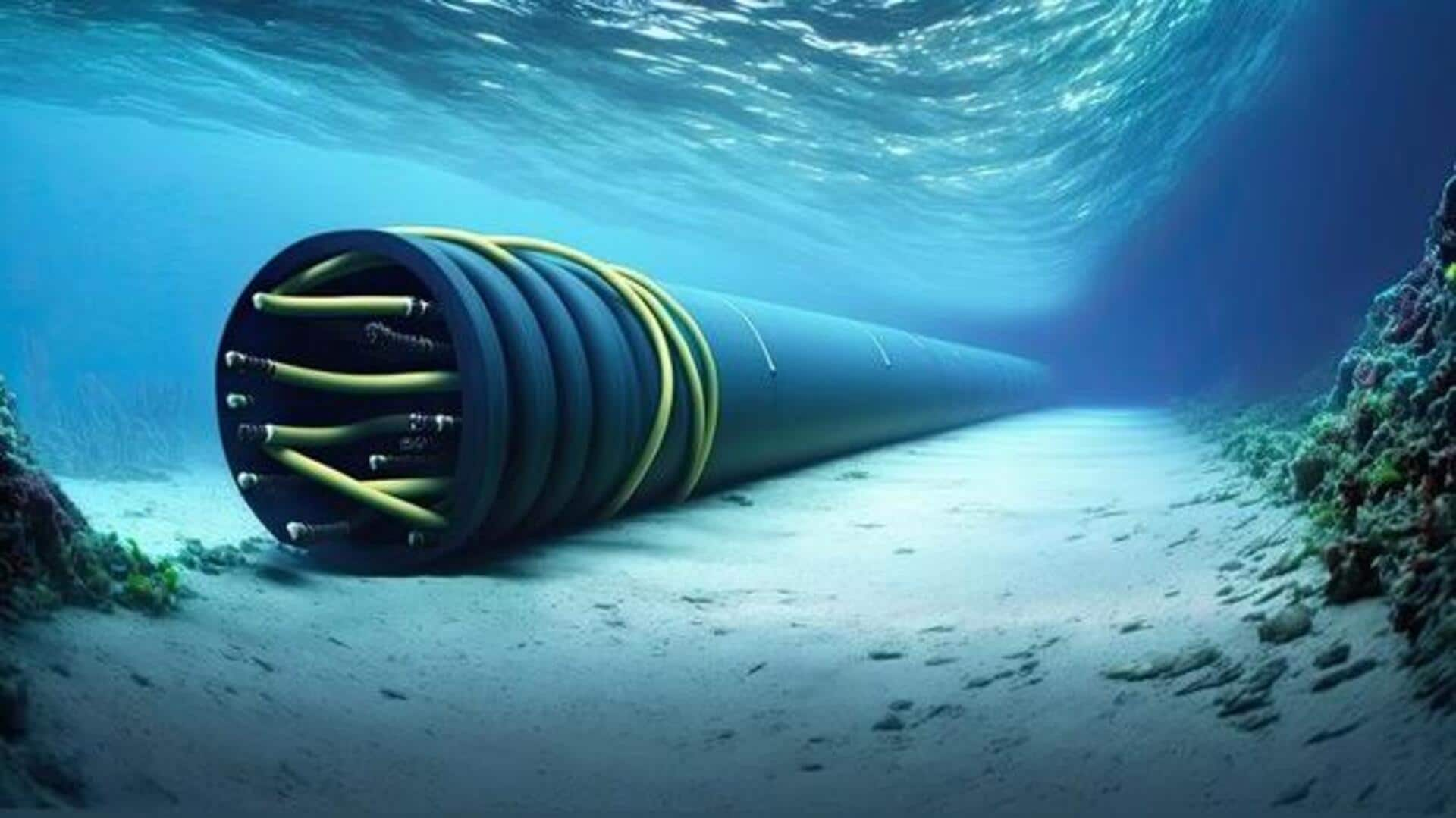
Google expands internet infrastructure with 'Nuvem' subsea cable
What's the story
Google has revealed plans for its latest subsea cable system, Nuvem, which will link the United States, Bermuda, and Portugal. Expected to be operational in 2026, Nuvem aims to enhance network resiliency across the Atlantic and cater to the growing demand for digital services. This project marks another milestone in Google's ongoing investment in subsea cables, which began with the Unity cable in 2010.
Details
Strengthening global connectivity
Nuvem, meaning "cloud" in Portuguese, is designed to improve digital connectivity among the three countries. The cable system will enable faster data transmission, reducing latency and fostering global connections among businesses, governments, and individuals. Subsea cabling is crucial for Google's diverse services, including enterprise cloud computing and consumer video-streaming, which require low-latency data transfers.
What Next?
Google is focusing on enhancing latency
To maintain competitiveness in its cloud-based services, Google has focused on enhancing latency—the delay before a data transfer begins when connecting two points. The company's growing network of data centers brings data storage and processing closer to end-users, ensuring customer satisfaction across its various services. Nuvem will serve as a digital highway for data transmission, further improving efficiency and competitiveness.
Insights
The race for internet infrastructure dominance
Google is not alone in its quest to expand internet infrastructure. Tech giants such as Meta, Microsoft, and Amazon have also made significant investments in various internet infrastructure programs. Together, these companies are estimated to own or lease nearly half of all undersea bandwidth.